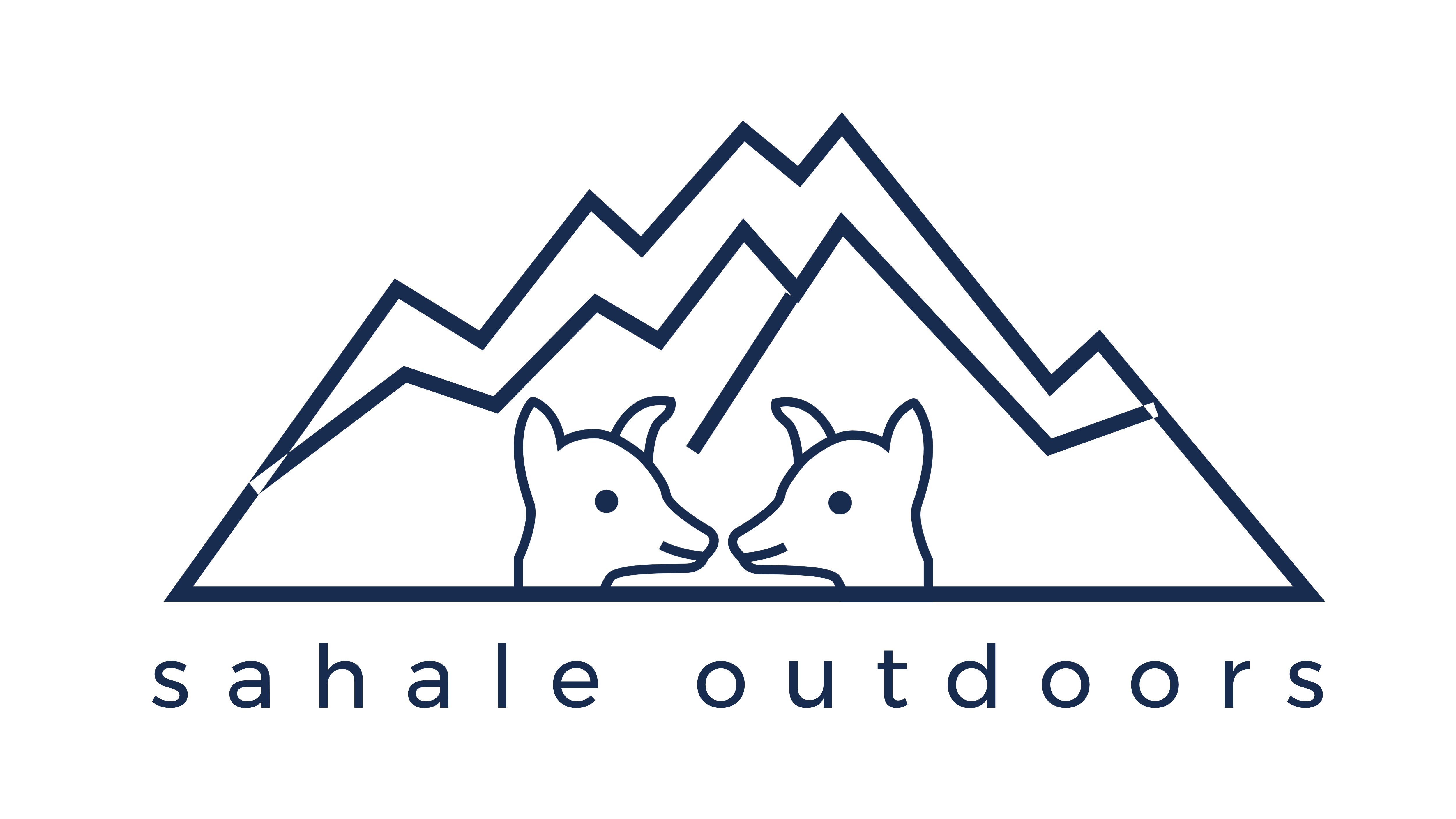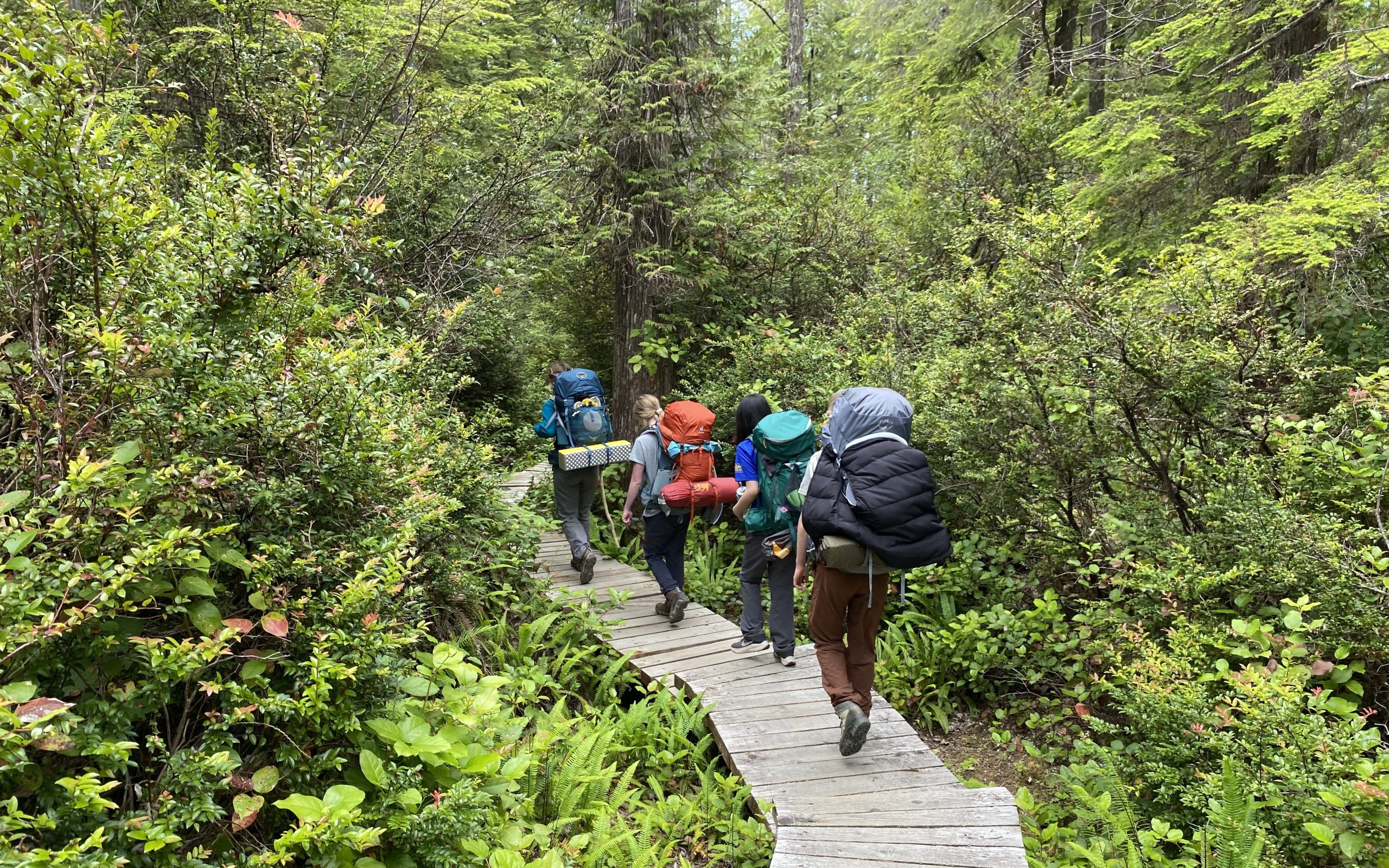
Costumes and Characters
Costumes and Characters
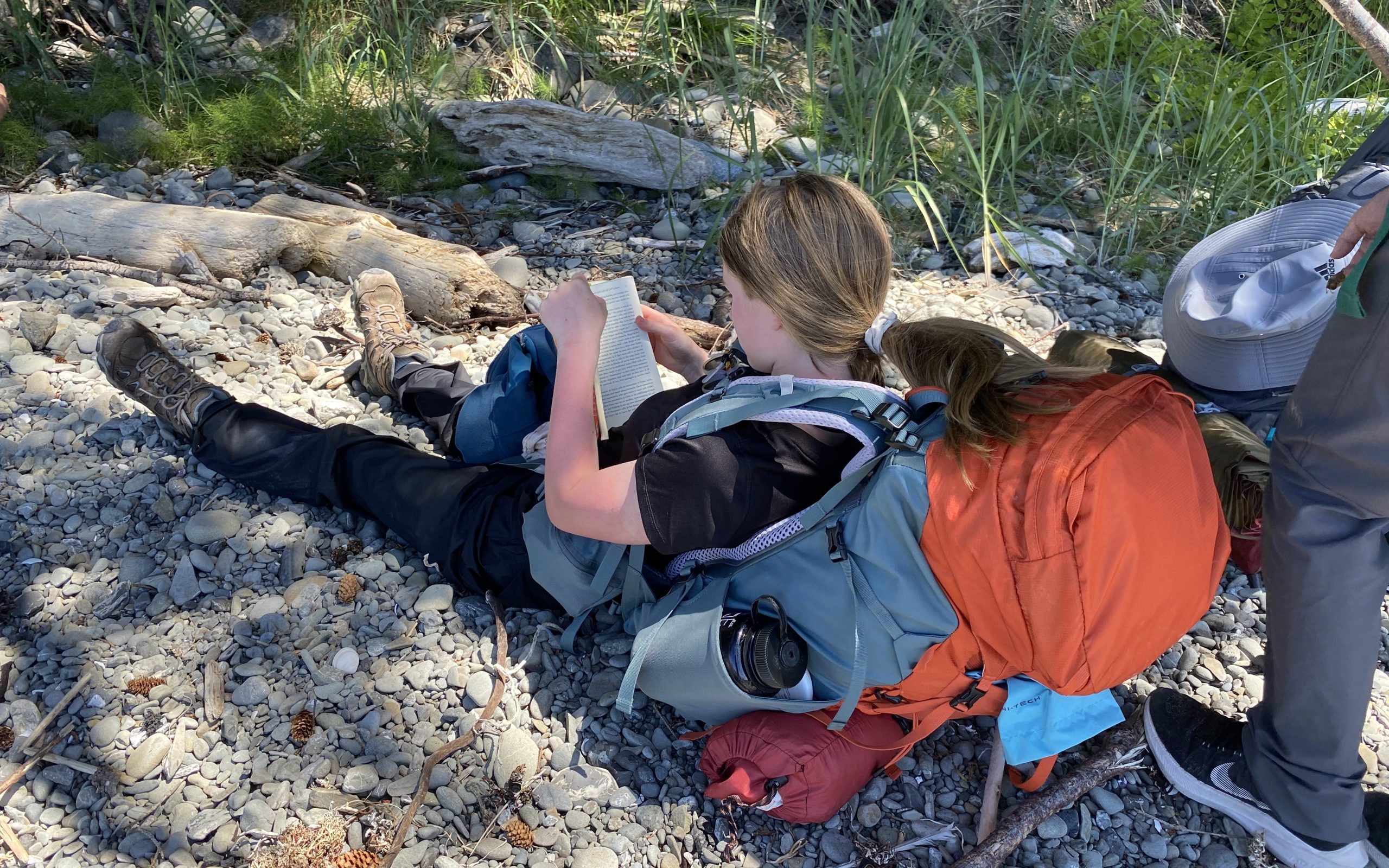
Trip Details
This unique backpacking trip is geared towards creating a welcoming, inclusive environment where students can express their creative side for the duration of the trip. Participants are encouraged to bring and wear costumes for as much of the trip as they feel comfortable, to choose their own names and characters, and describe as much of their character’s backstory as they prefer. It doesn’t matter if you have a novel’s worth of background information, or you simply want to go as a pirate named Jeff, the goal of this trip is to allow students to express their own identities, no questions asked. While there will be a loose story script provided by the guides for the student’s characters to fit into, the format is open enough to allow many different directions of expression.
While this trip is not exclusively for the LGBTQ+ community, it is specifically intended to be a welcoming space for queer, questioning, trans, and gender non-conforming youth.
Costumes and Characters takes place on the Olympic Peninsula on the trail known as the Ozette Triangle, in the ancestral homeland of the Makah people. About halfway through the second day of hiking, the trail passes the Wedding Rocks, the site of petroglyphs depicting whales, sailing ships, hunters, and priests. Ozette is remote, less visited than many other areas on the Olympic Coast, and is characterized by wild and rugged coastline views.
We provide all needed gear, including boots and clothing if notified 4 weeks ahead of time. Food from lunch on the first day to lunch on the last day is provided, and we will send you a menu and food options form to fill out before your trip. Transportation is provided from the meet location in Edgewood and back.
Itinerary
- Day 1: Gear up, orientation, visit to the Makah Museum, camp near trailhead
- Day 2: Backpack 3 miles to first camp
- Day 3: Day hike (leave backpacks at camp) 3-6 miles
- Day 4: Backpack 3 miles along beach to next camp
- Day 5: Backpack 3 miles out
Learning Goals
- Leave no trace
- Gear management
- Plant and wildlife identification
- Basic backpacking skills such as cooking, campfires, filtering water, first-aid
- Map reading
- Local geography
- Cultural history
Logistics
- Meet Location: Sahale Outdoors, 5007 Pacific Hwy E #19, Fife, WA 98424
- Meet Time: 9 AM
- Pick-up Location: Sahale Outdoors, 5007 Pacific Hwy E #19, Fife, WA 98424
- Pick-up Time: Approximately 4-6 PM, guides will reach out to guardians to communicate ETA
Gear Provided
- Tent
- Backcountry sleeping pad
- Multi-day backpack
- Sleeping bag
- All meals from lunch the first day through lunch on the last day
- All entrance fees, permits and passes
- First-aid kit and satellite phone
- Group kitchen and food service gear
- Water bottles
Packing List
- Costume, name, and character
- Packing Checklist
- How to Not Overpack: What to bring (and not to bring) on your Sahale Outdoors trip
Paperwork
Highlights
Creativity – Tidepools – Wildlife – History – LGBTQ+ – Games
Difficulty Level
Easy: Very little elevation gain and loss, 9-15 miles over four days, boardwalk and wide trails in the forest, some challenging footing over sand and boulders along the beach sections.
Length
Five days
2024 Schedule:
Explore our other trips and check back in 2025!
Price: $900 per person
Includes gear rental, food, transportation, and all entrance fees, permits, and passes.
25% of the total trip cost is due at sign-up, with the remainder due one month before the trip date. You are welcome to pay in installments, contact trips@sahaleoutdoors.org to set up a payment plan.
Our mission is to make outdoor recreation accessible to all. If you cannot afford the total trip cost, send us a brief message to request a sliding scale pricing form.
Book Your Trip
Middle School
High School
Photo Gallery
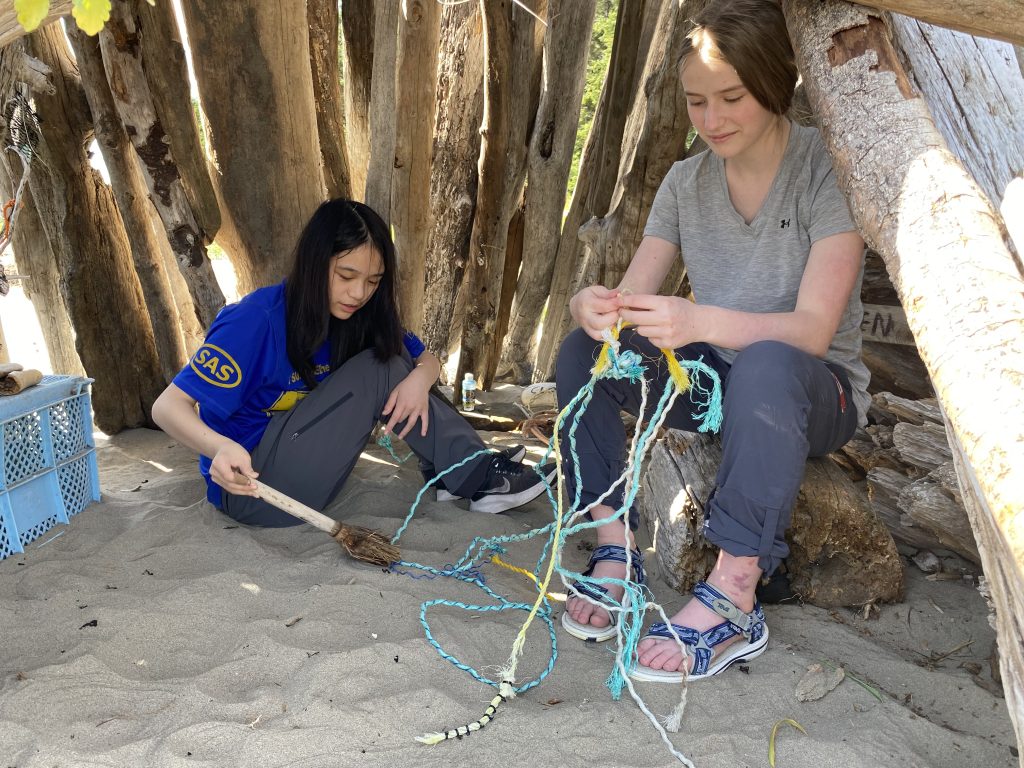
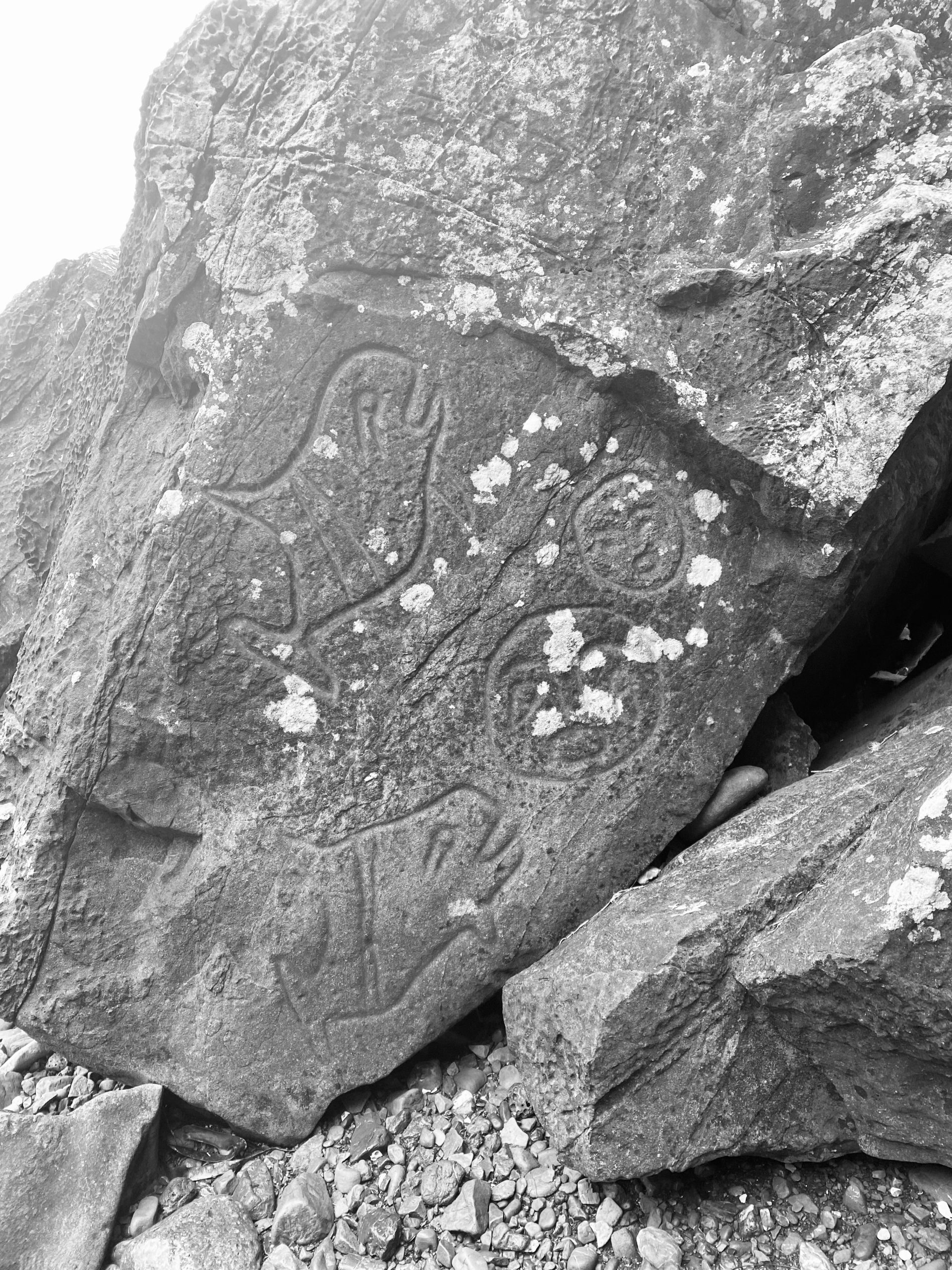
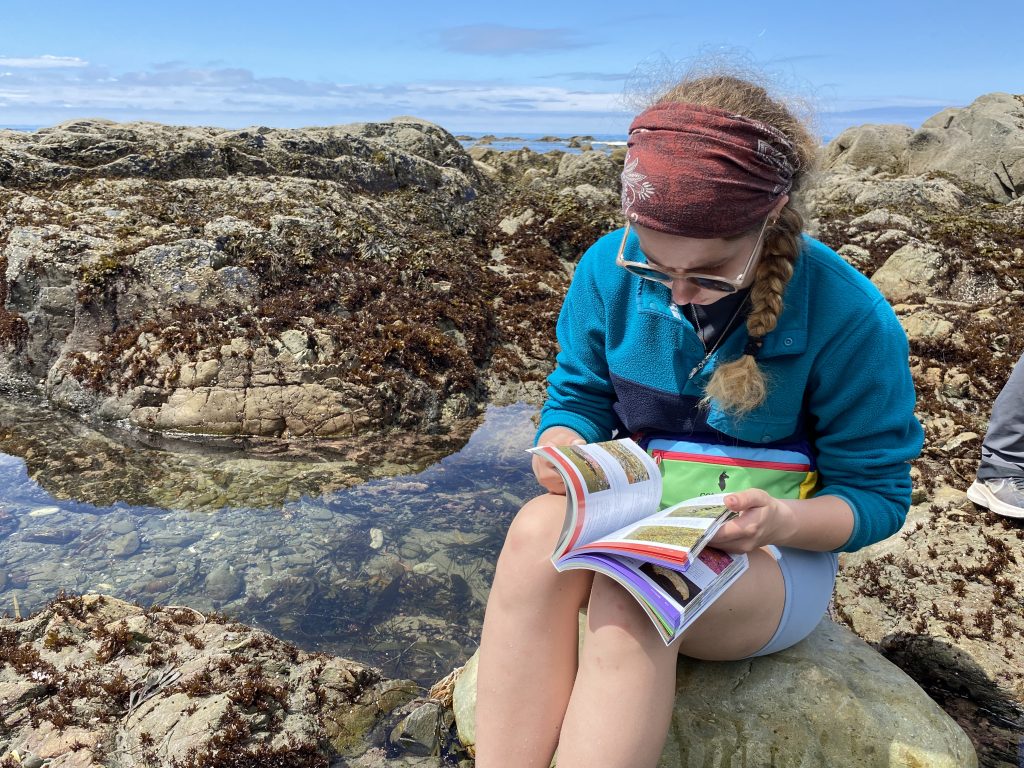
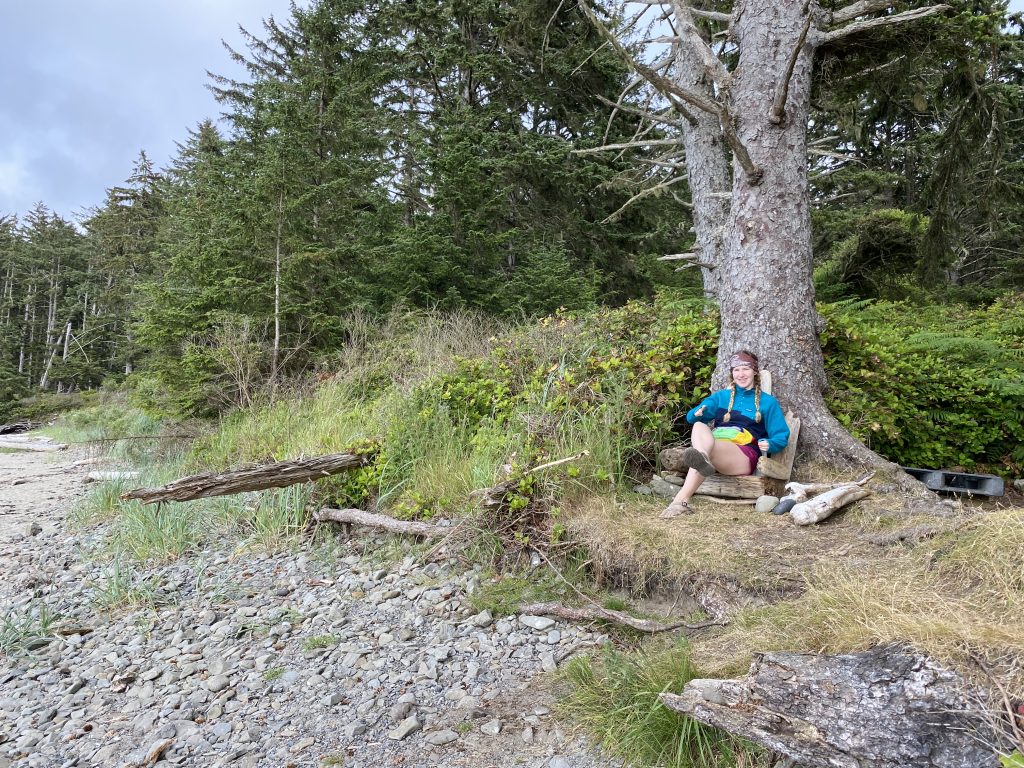
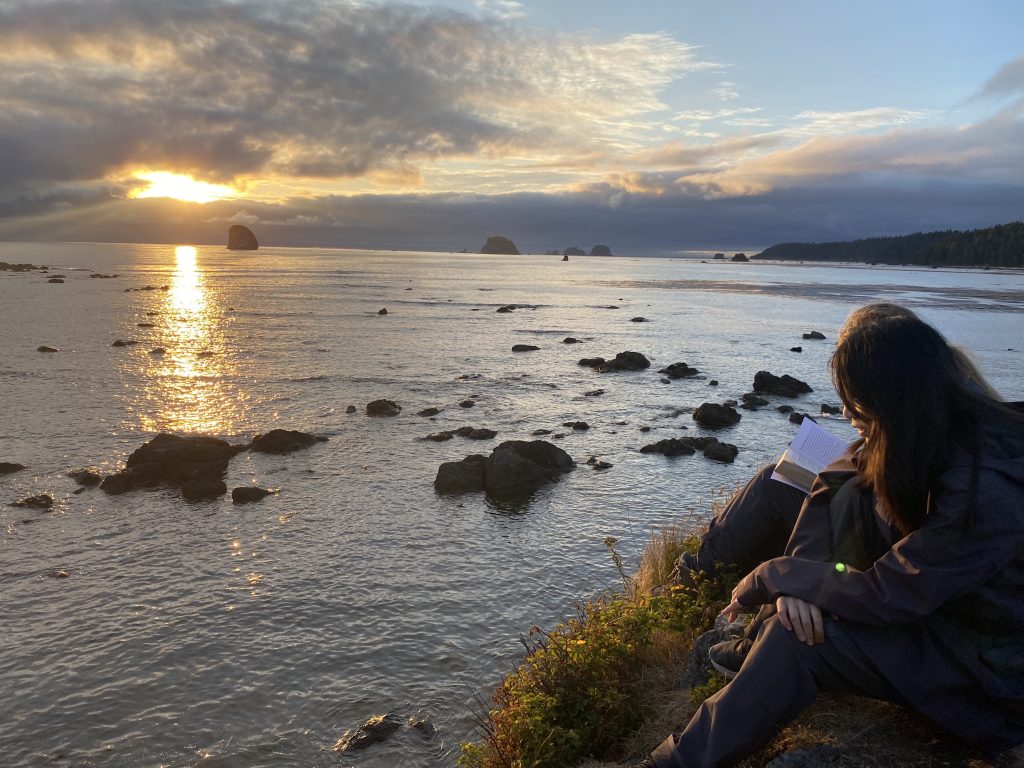
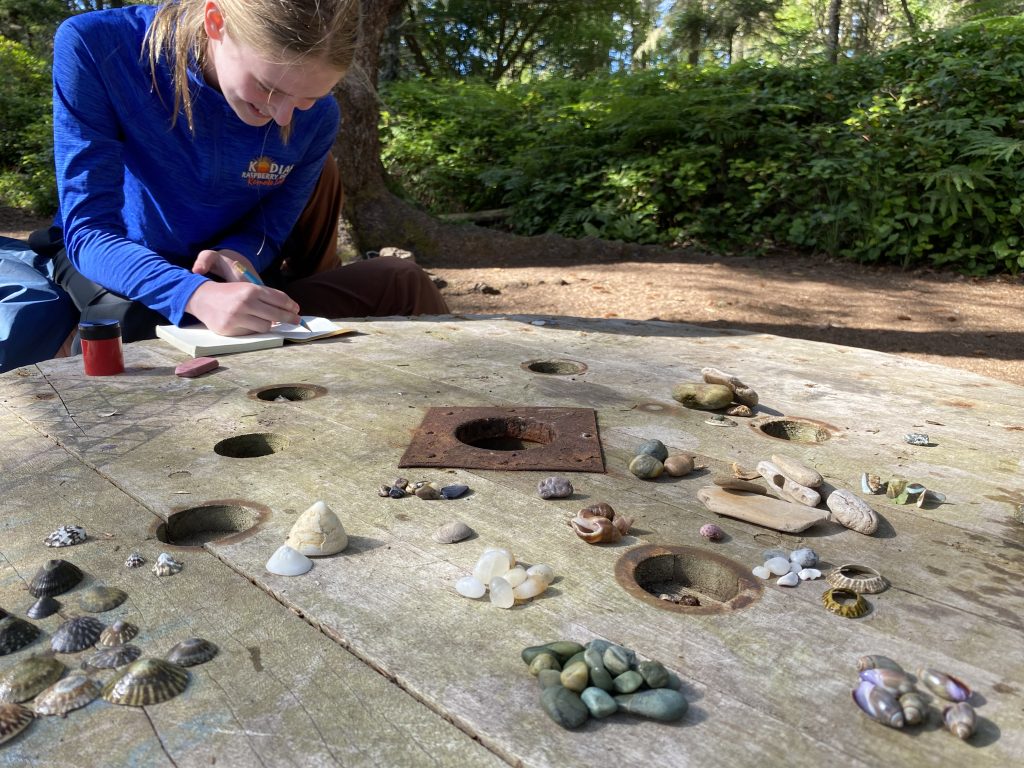
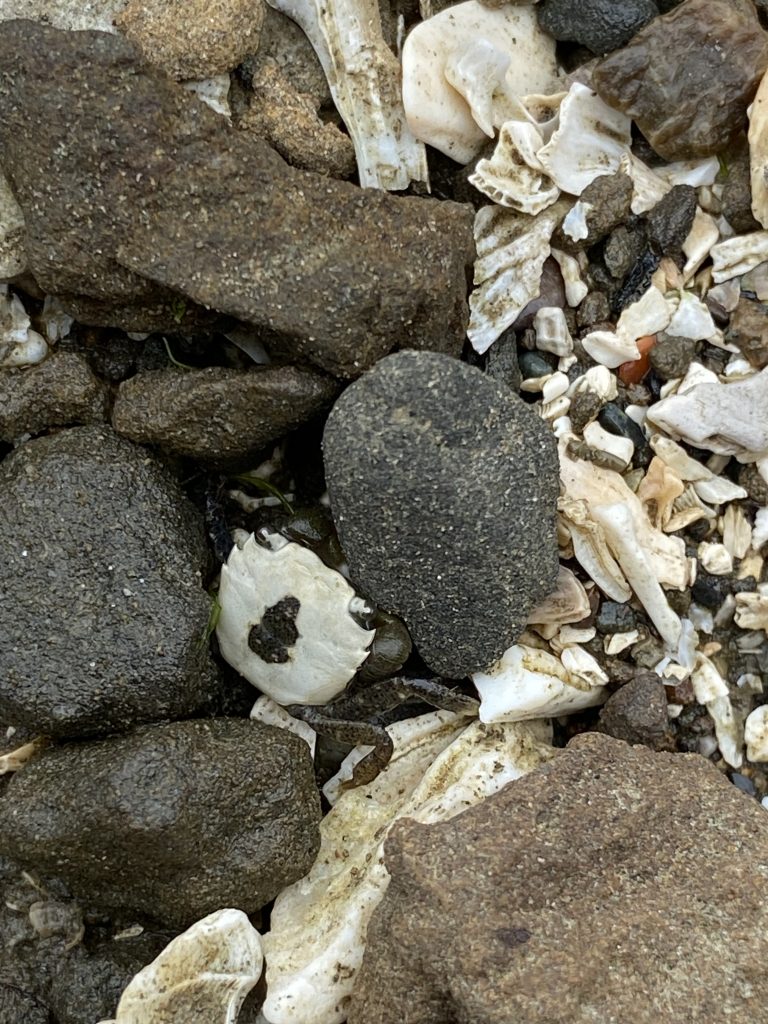
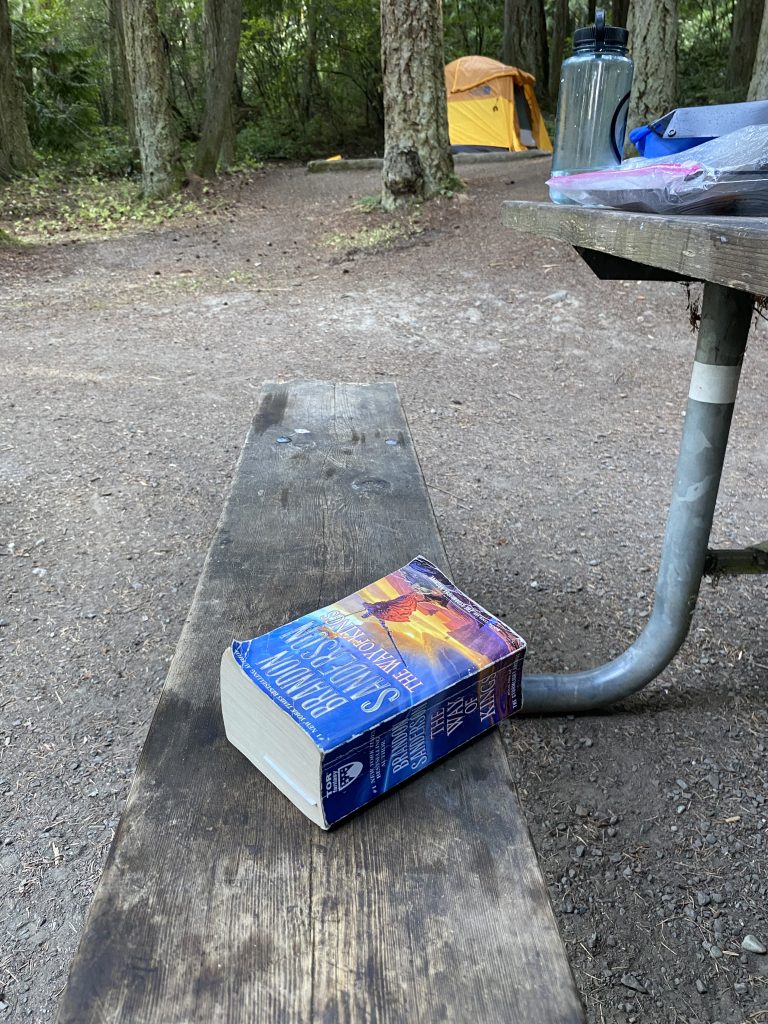
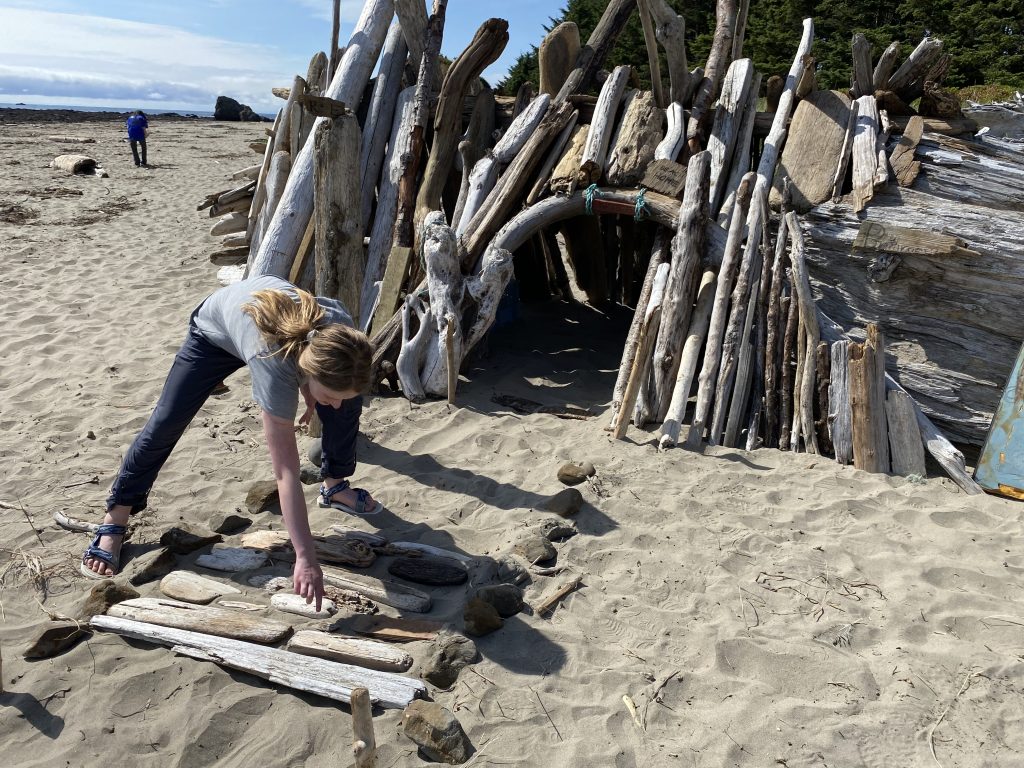
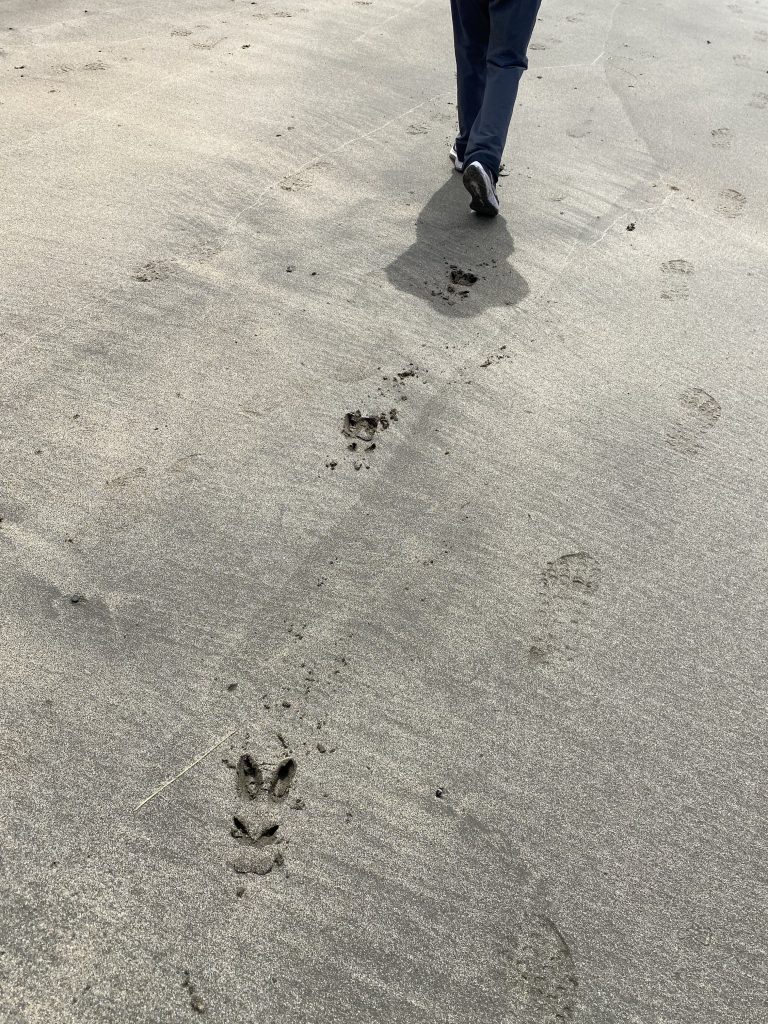
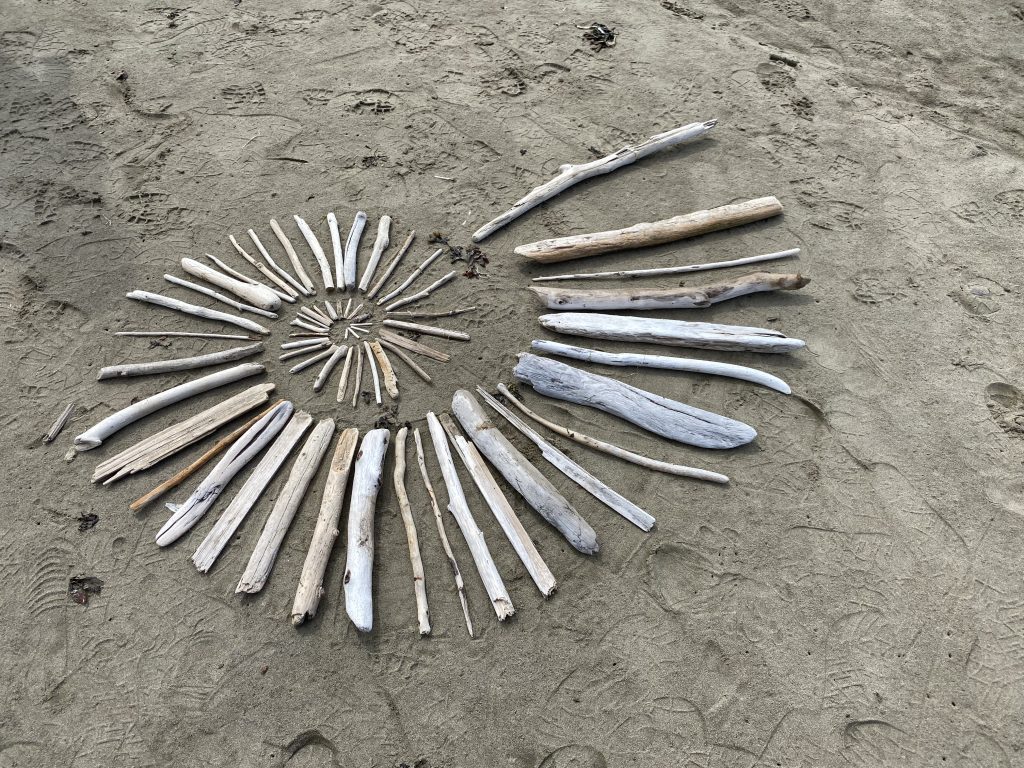
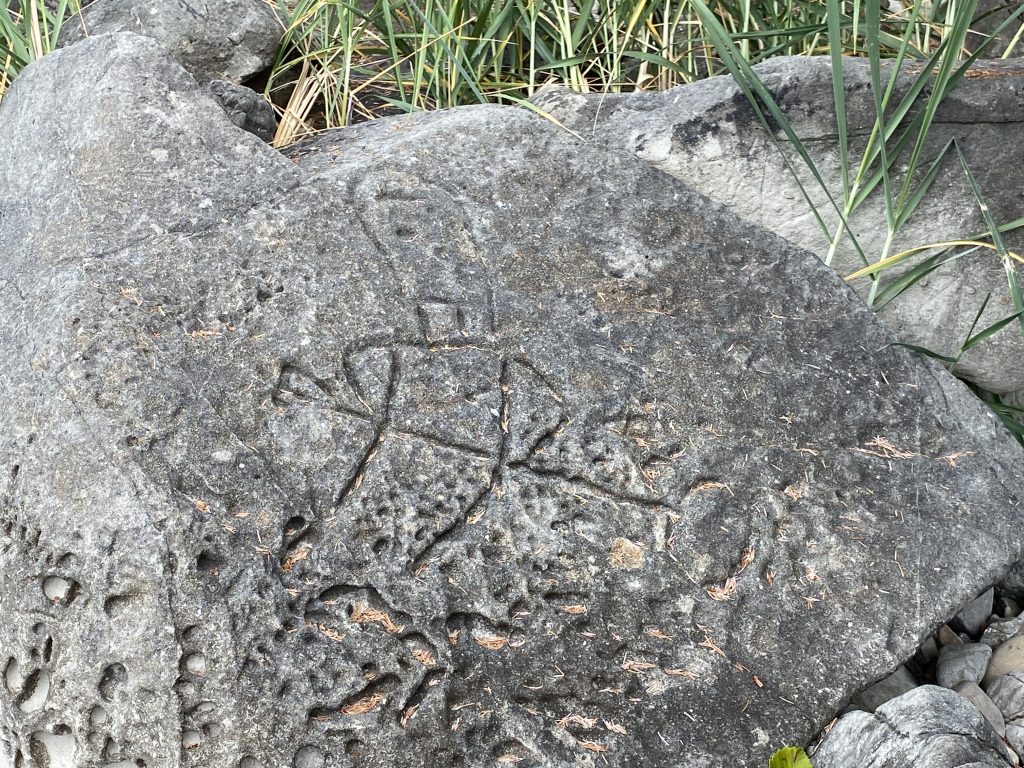
Indigenous Land
Makah
“On the brink of extinction, drums and hearts still beating!
~John Pritchard III, Makah slam poet
. . . telling me not to speak my language
well we’re still speaking
don’t sing my songs
well we’re still singing
telling me it’s illegal to dance
well we’re still keeping it moving”
Historically, the Makah were highly skilled mariners, using sophisticated navigational and maritime skills. They carved canoes from western red cedar and used them for a myriad of purposes. There were war, whaling, halibut, salmon fishing, sealing canoes and large cargo canoes. There were even smaller canoes which children used for practice. The canoes had sails so that paddlers could use the wind to their advantage. When they landed, it was done stern first so that, if necessary, the paddlers could make a quick exit. The canoes and their contents were never disturbed as the Makah were taught from an early age to respect the belongings of others. The Makah were tireless paddlers and traveled great distances to obtain food or trade their wealth. Today, the Makah maintain their traditions of traveling by canoe.
The tradition of whaling is a source of great pride among the Makah. Whales were hunted for their meat and blubber, and nearly every part of the whale was designated for use. Humpback, right, sperm, gray, fin and blue whales were among the species traditionally hunted by the Makah. Oil rendered from the whale’s blubber was a valuable commodity, earning whaling families great wealth. The bones of the whale were useful for making combs, spindle whorls, war clubs, bark pounders, shredders and personal adornments. The Makah work with NOAA Fisheries to maintain their treaty rights of whaling in Neah Bay while still following marine mammal regulations. “The Makah people have an enduring relationship with the sea and all marine creatures, but that connection is especially strong with whales, which are central to our identity as a people.” (Patrick DePoe)
~ This information found on Makah.com

